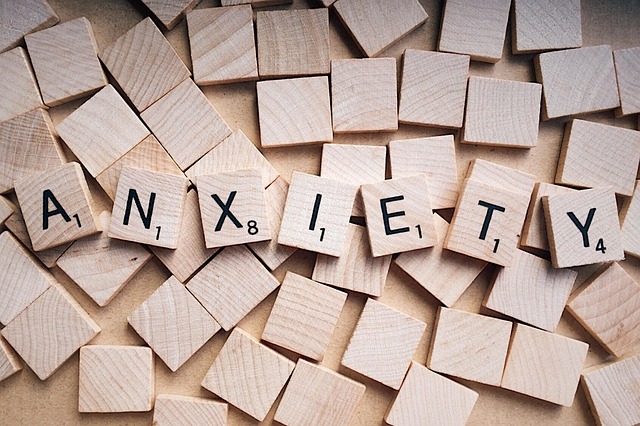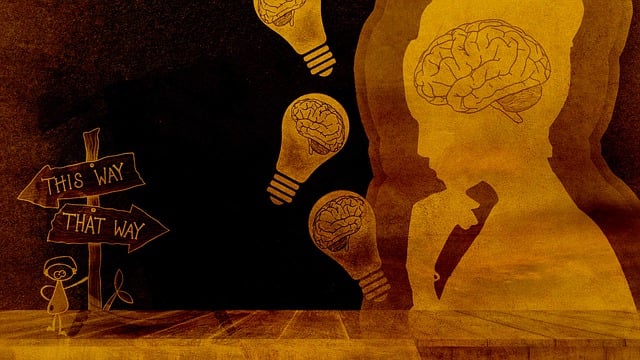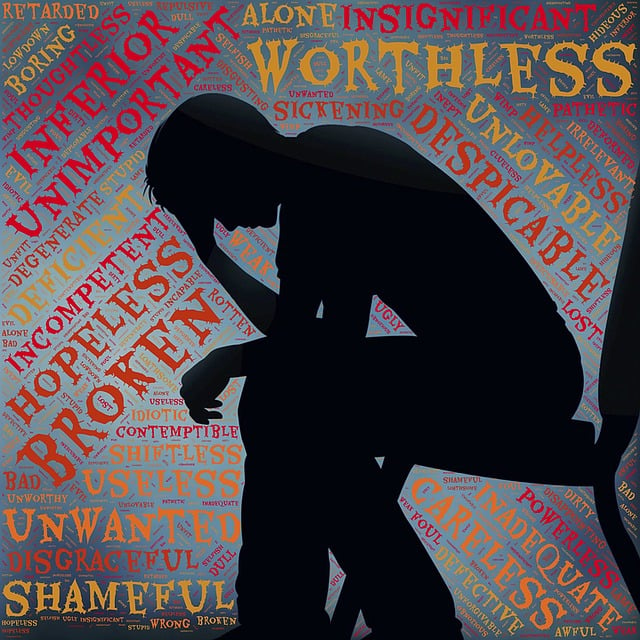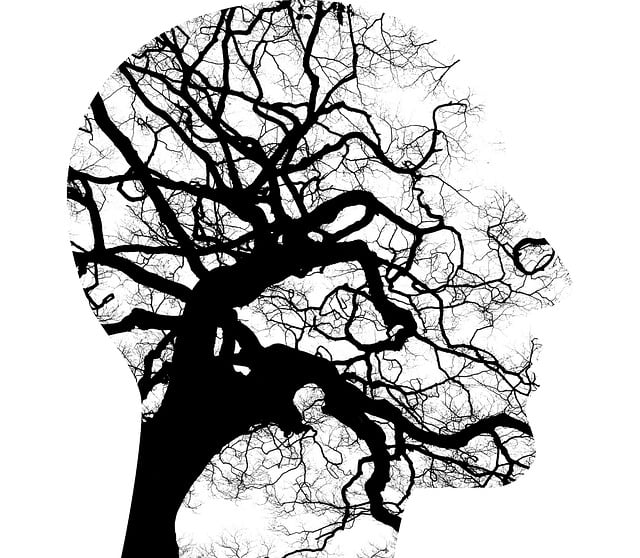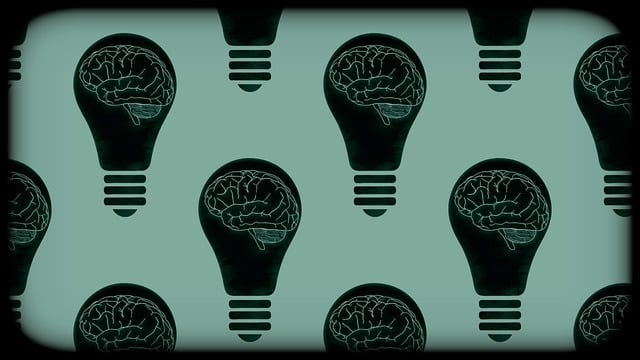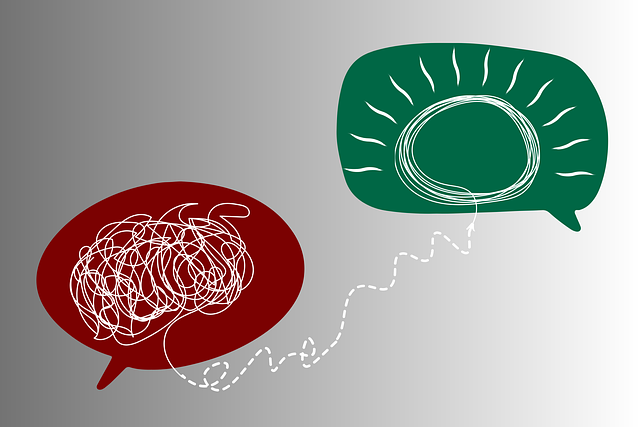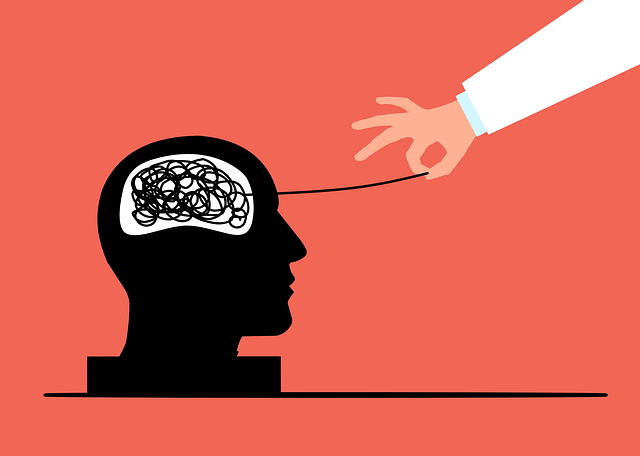The text highlights the detrimental impact of mental illness stigma, especially in hindering access to support for individuals like those served by Littleton Suicide Prevention Therapy (LSPT). It emphasizes the need for education and awareness campaigns to combat negative societal attitudes, stereotypes, and discrimination. LSPT's holistic approach includes community engagement, workshops, seminars, and media initiatives to normalize conversations about mental health. By fostering understanding, empathy, and resilience through programs like support groups and mindfulness meditation, LSPT reduces stigma, promotes help-seeking behaviors, and ultimately contributes to a healthier, more compassionate society.
Mental illness stigma, a pervasive barrier to seeking help, demands sustained efforts towards reduction. This article explores comprehensive strategies to combat this societal issue, from education initiatives that foster understanding to the empowering role of support groups and advocacy. We delve into media’s impact on public perception and highlight successful approaches like the Littleton Suicide Prevention Therapy method. By examining these avenues, we aim to contribute to a more accepting and supportive society for those grappling with mental health challenges.
- Understanding Stigma and Its Impact on Mental Health
- The Role of Education in Reducing Stigma
- Empowering Communities through Support Groups and Advocacy
- Media Representation and its Influence on Public Perception
- Effective Strategies for Promoting Mental Illness Awareness and Acceptance: A Littleton Suicide Prevention Therapy Approach
Understanding Stigma and Its Impact on Mental Health

Stigma surrounding mental illness is a significant barrier to individuals seeking help and support for their well-being. It often manifests as negative attitudes, beliefs, and stereotypes about people with mental health conditions, leading to discrimination and social exclusion. This pervasive stigma can have severe consequences on an individual’s life, causing them to internalize shame and self-doubt, which hinders their ability to access the necessary care and services, including Littleton Suicide Prevention Therapy. It perpetuates the idea that mental illness is a personal failure or a sign of weakness, deterring people from openly discussing their struggles and seeking professional help.
Reducing stigma is crucial for fostering an environment where individuals feel safe to talk about their mental health challenges without fear of judgment. Efforts to combat this issue often involve raising awareness through education campaigns that promote understanding and empathy. Incorporating practices like compassion cultivation can play a pivotal role in these initiatives, as it encourages people to develop kindness and understanding towards themselves and others, thereby fostering a more supportive community for those dealing with anxiety relief or emotional healing processes.
The Role of Education in Reducing Stigma

Stigma surrounding mental illness can be a significant barrier to individuals seeking help and support. Education plays a pivotal role in challenging these negative perceptions and fostering an environment of understanding and empathy. By integrating mental wellness coaching programs into educational settings, schools, and communities, we can empower individuals to recognize the signs of mental health struggles earlier. This proactive approach, coupled with the development of emotional intelligence, enables people to offer meaningful support without judgment, reducing the societal stigma associated with mental illness.
Littleton Suicide Prevention Therapy highlights the power of education in preventing tragic outcomes. Through informative sessions and open dialogues, individuals learn to identify warning signs not just for themselves but also among peers. This knowledge can be a life-saving tool, encouraging help-seeking behaviors and promoting a culture where mental wellness is prioritized. As we continue to evolve our understanding of mental health, these educational efforts are instrumental in shaping a more compassionate society that embraces holistic well-being.
Empowering Communities through Support Groups and Advocacy

Support groups play a pivotal role in reducing the stigma surrounding mental illness by fostering an environment where individuals can share their experiences and connect with peers facing similar challenges. These groups, often facilitated by professionals like therapists from Littleton Suicide Prevention, provide a safe space for open dialogue, empathy, and understanding. Members gain valuable insights, learn coping mechanisms, and develop resilience, all while challenging societal norms and stereotypes associated with mental health struggles.
Advocacy efforts within these communities empower individuals to speak up, educate others, and promote mental wellness. By sharing their stories, members can dispel myths, boost confidence in seeking help, and encourage early intervention for burnout prevention strategies among healthcare providers. The collective action of support groups and advocates contributes to a more inclusive society that prioritizes mental health and embraces diverse perspectives on well-being, much like the episodes of a popular Mental Wellness Podcast Series Production.
Media Representation and its Influence on Public Perception

The media plays a powerful role in shaping public opinion about mental health, often influencing how individuals perceive and understand various conditions. Portrayals of mental illness in films, television shows, and news coverage can either perpetuate harmful stereotypes or offer more nuanced and empathetic insights. Positive media representation of people living with mental health challenges can significantly contribute to stigma reduction efforts by normalizing conversations around these topics. For instance, Littleton Suicide Prevention Therapy has successfully used media platforms to share stories of recovery and resilience, fostering a sense of hope and understanding within the community.
By showcasing individuals who have overcome struggles with anxiety, depression, or other mental health issues, the media can encourage viewers to recognize the signs and symptoms in their own lives or those of loved ones. This representation can also dispel myths about what mental illness looks like, emphasizing that it is a diverse range of experiences affecting people from all walks of life. Incorporating practices like Mindfulness Meditation and Burnout Prevention strategies into these narratives can further educate audiences on the tools available for stress management and overall well-being.
Effective Strategies for Promoting Mental Illness Awareness and Acceptance: A Littleton Suicide Prevention Therapy Approach

Mental illness stigma reduction requires a multi-faceted approach, and one promising strategy is adopting evidence-based practices like the Littleton Suicide Prevention Therapy (LSPT). LSPT focuses on fostering understanding and acceptance through community engagement and education. By organizing workshops, seminars, and awareness campaigns, this therapy model breaks down barriers and promotes empathy towards individuals facing mental health challenges.
The effectiveness of LSPT lies in its holistic nature, addressing not just the symptoms but also the underlying societal perceptions. It encourages emotional healing processes by normalizing conversations around mental illness, a crucial step in burnout prevention strategies for healthcare providers. Through inner strength development programs, LSPT equips individuals with coping mechanisms and resilience, ultimately reducing the risk of suicide and fostering a more accepting community.
Mental illness stigma reduction is a multifaceted approach that includes education, community empowerment, and responsible media representation. By implementing strategies like the Littleton Suicide Prevention Therapy, which focuses on awareness and acceptance, we can create a more understanding and supportive society. Through ongoing efforts to destigmatize mental health issues, we can ensure individuals receive the help they need without fear of judgment, ultimately improving overall well-being.


